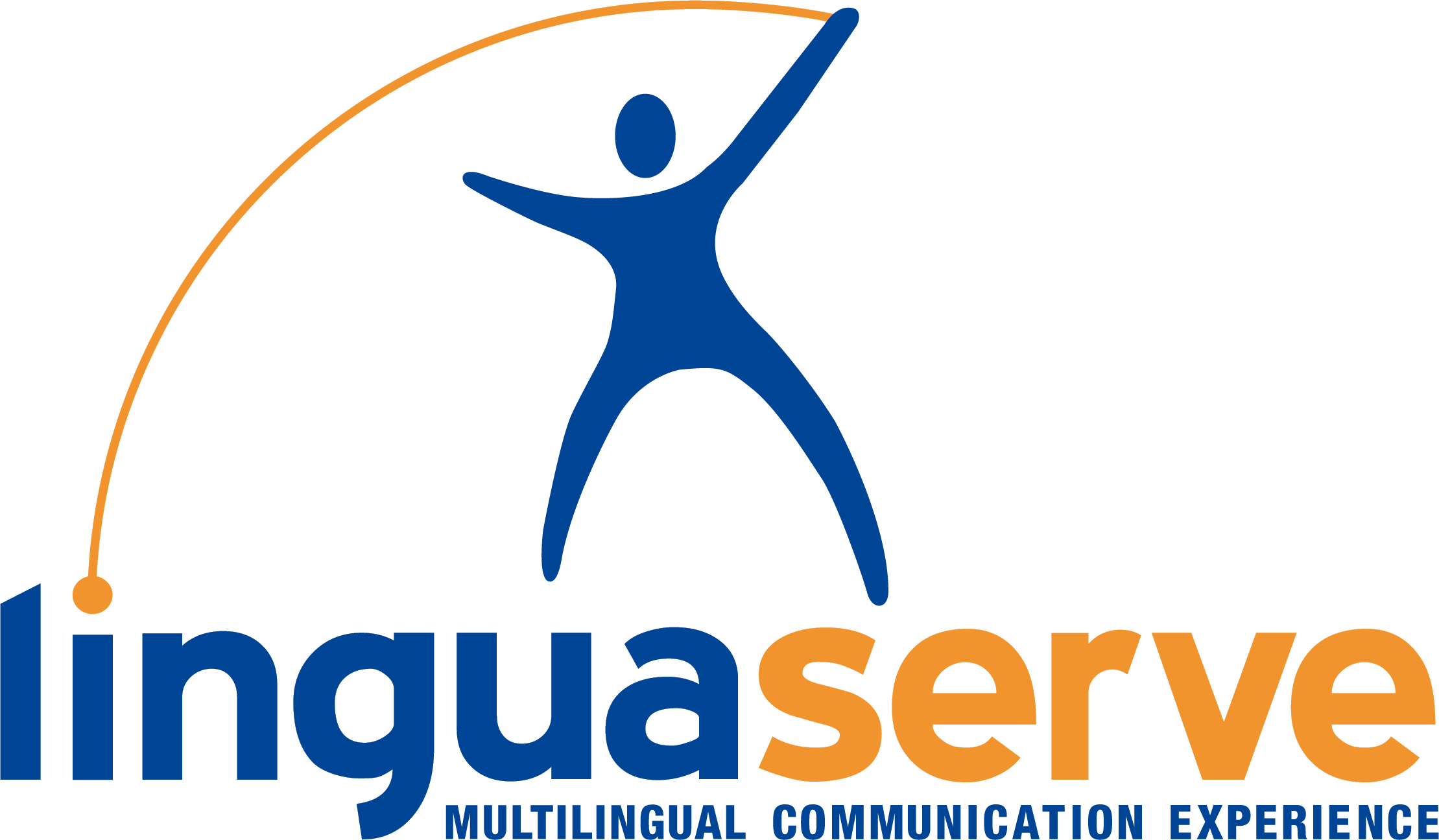Every day there are more and more companies dedicated to research, development and distribution of scientific products and services that require a scientific translation service, it being essential for the internationalization of business. Here are 5 basic mistakes to avoid when you need to carry out this type of translation, making it advisable to count on a professional translation company that can help you.
1. Counting on professionals who are not experts in the matter
This type of translation requires an experienced professional, capable of understanding specific terminology so as to not make linguistic mistakes. It is necessary to fully understand the matter to avoid literal translations that can lead to misunderstandings.
A common mistake occurs in compound or phrasal verbs, whose meaning can be very different from the specific verb and preposition separately. A professional translator who is an expert in scientific matters guarantees:
- The correct use of technical terms and abbreviations.
- The knowledge of formulas, pre-established initials and acronyms.
- Translation of neologisms, whenever possible, with the most appropriate equivalence.
2. Translating using sentences that are too long
This mistake can easily be avoided if you hire the services of an expert translation agency. Sentences that are too long can be redundant and alter the original meaning of the text. Scientific publications prefer clear and concise texts that facilitate the exact understanding of the translated content.
3. Mistakes in measurement conversion
The use of different units of measurement is usual in scientific texts. They can be absolutely chaotic if their translation/conversion is incorrect. There are many translations that contain calculation errors for this reason.
As you know, units of measurement are different based on the country. As an example, mixing up feet, acres, hectares or square meters can result in a text full of wrong data and therefore useless.
Alongside this mistake, a standard translation can overlook how to write decimals: in English-speaking countries, a decimal point separates the whole number from the fractional part, whereas in Europe and South America it is a comma.
4. Lack of contextualization
Contextualization is one of the factors of scientific translation that prove the importance of a specialized translation that makes the text easy to understand for its target audience.
It’s not the same to translate for a collective that is already acquainted with scientific matters and know the technical terms, than working with content aimed at a larger audience. A specialized translator guarantees broad knowledge of the lexicon and spelling proper to these topics.
5. Outdated knowledge
Scientific translation is one of those tasks that require more accuracy and attention to detail. If you are interested in translating specific science-related content, therefore addressed to a connoisseur audience, you should count on a translator who is specialized in these types of projects.
Knowing the language you want to translate into is not enough. Ongoing training is one of the best resources specialized translators can avail themselves of to be up-to-date with new topics, appropriate linguistic styles and suitable meaning.
As you can see, for a scientific translation it is highly recommended to hire the services of a translation company with professionals that guarantee linguistic quality and scientific knowledge.







